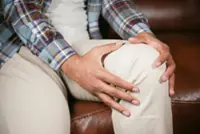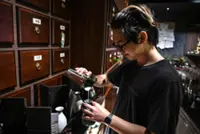Patients have long been told to turn to their doctors for accurate, trusted health information.
But in recent years, especially during the Covid-19 pandemic, doctors’ voices have sometimes been drowned out by social media users who blast misinformation across the globe, leading patients to make questionable – and sometimes, dangerous – choices about their health.





